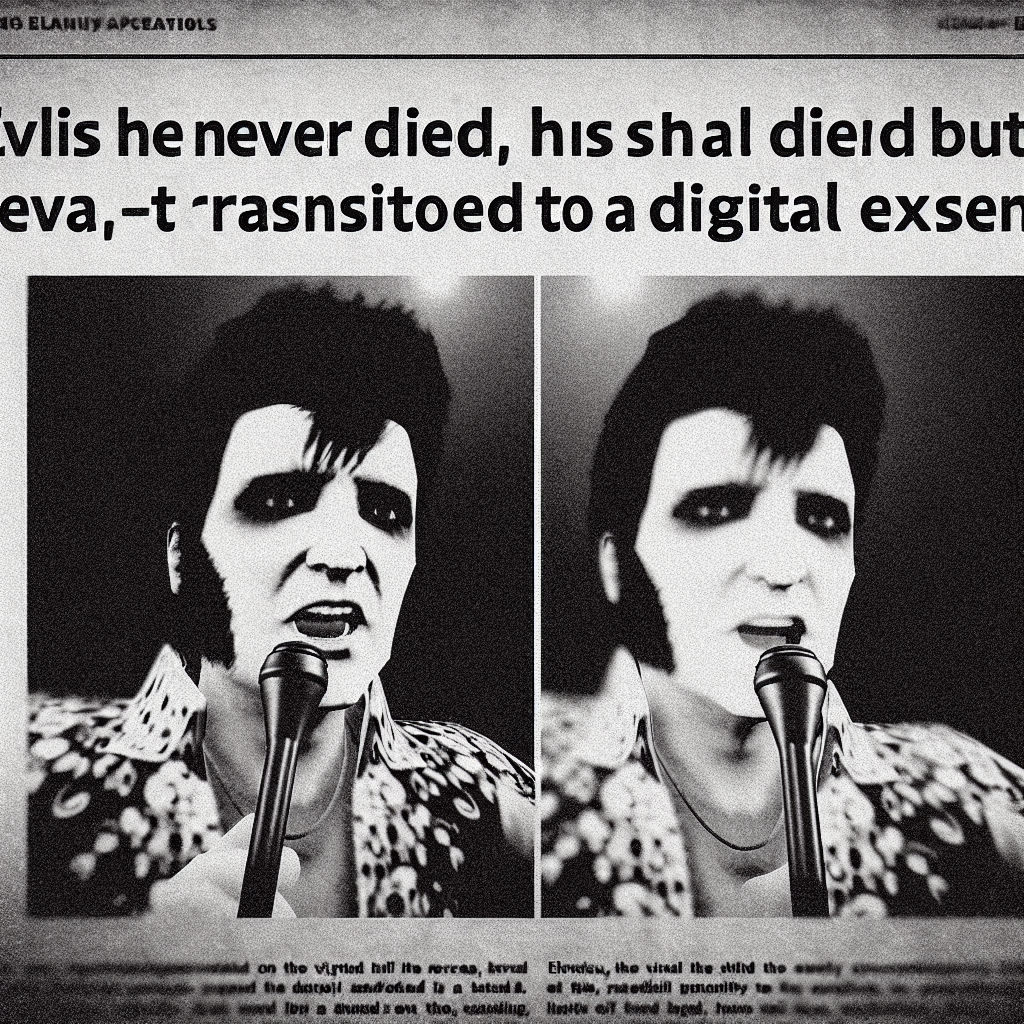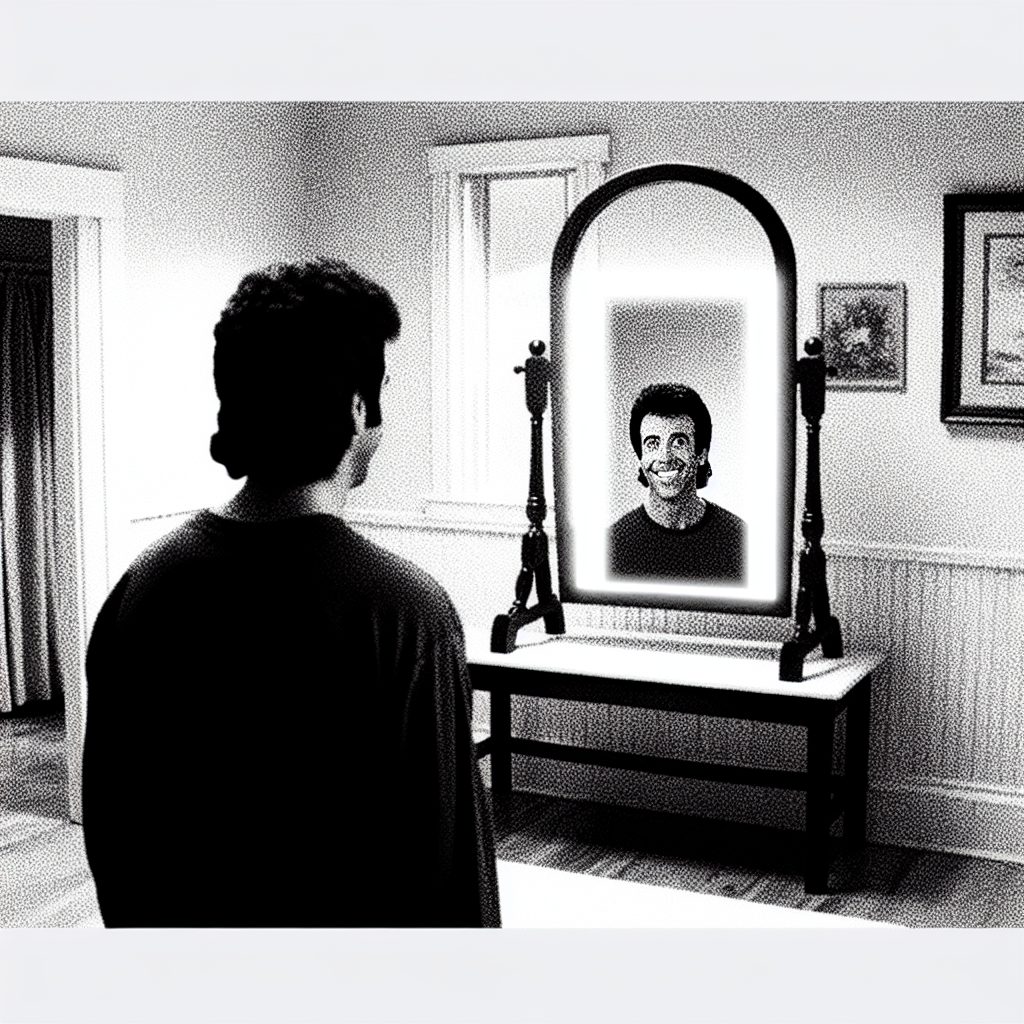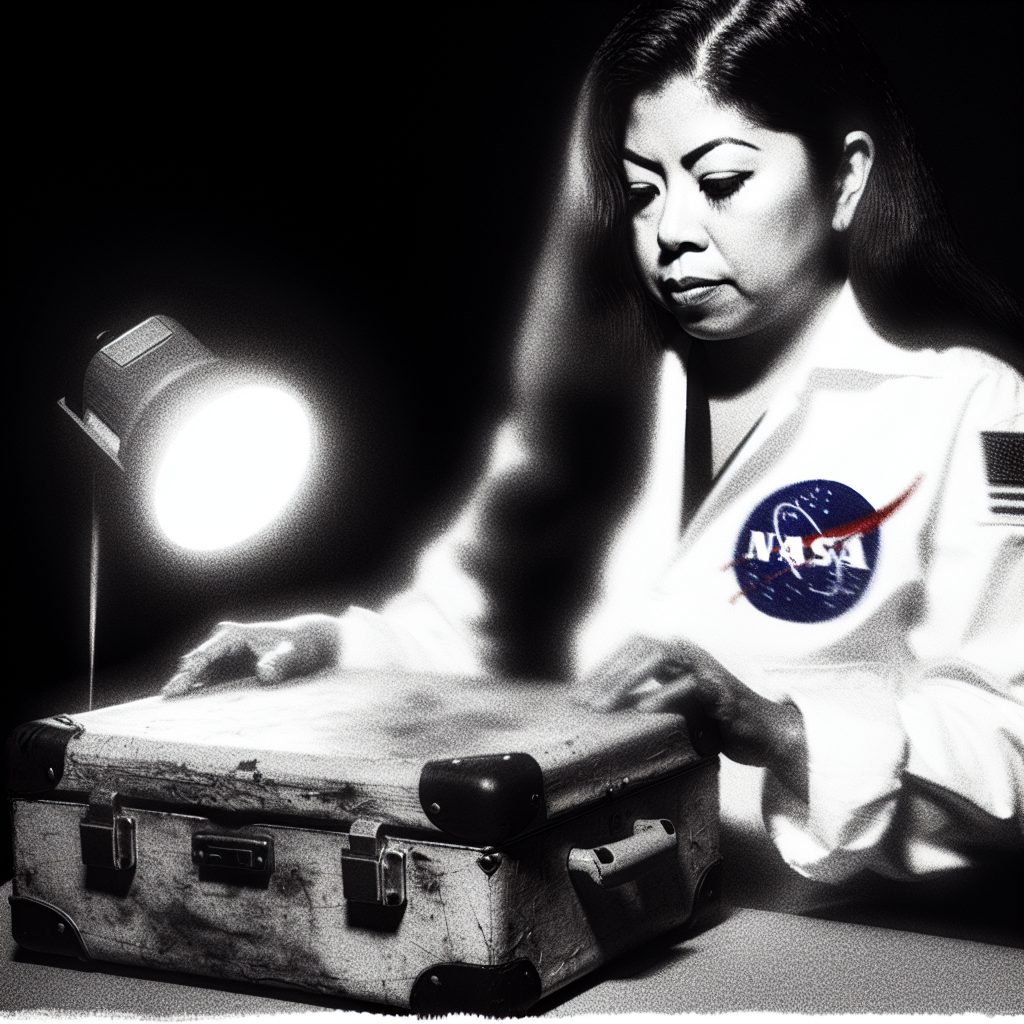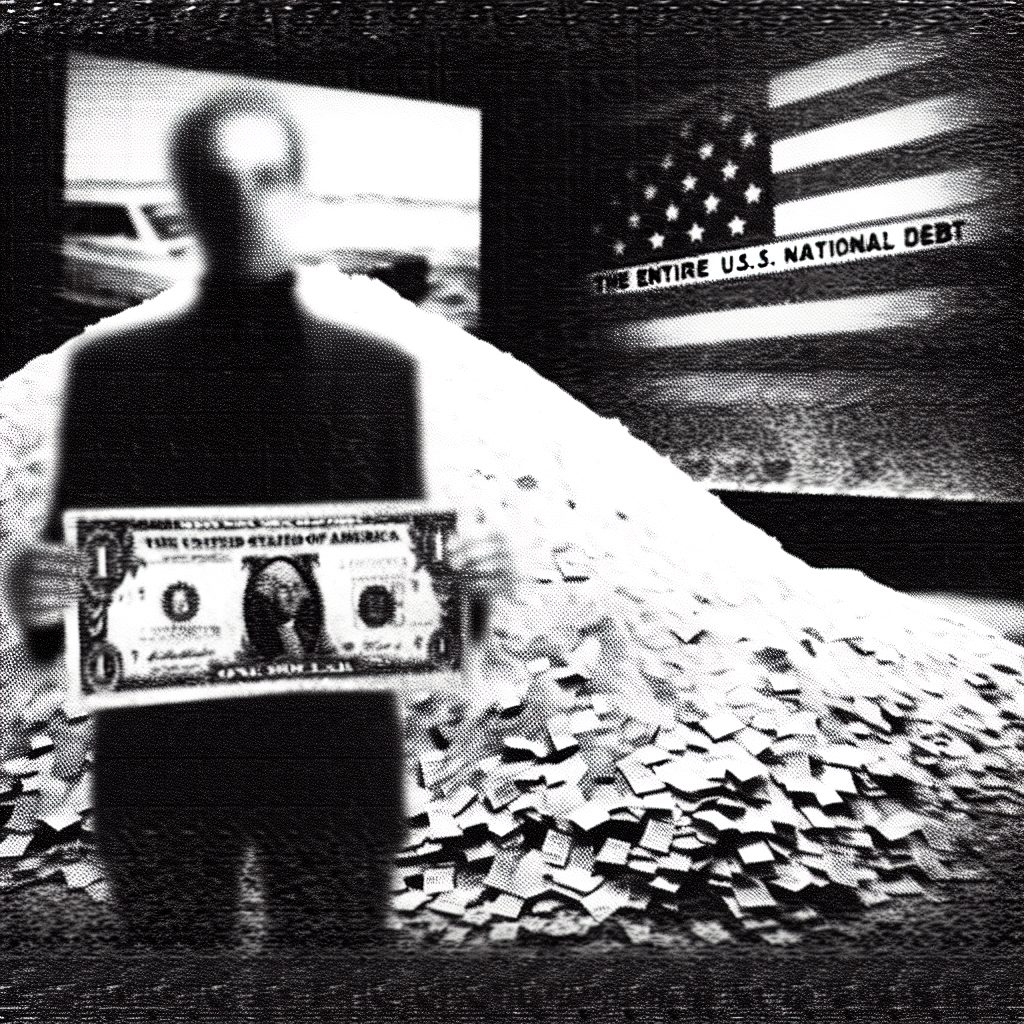Smart Mirror Developed That Only Shows Your Reflection…
Sales skyrocket among people who haven't seen themselves in months
SILICON VALLEY, CA – A revolutionary breakthrough in mirror technology has left thousands of Americans finally able to glimpse their own reflections for the first time in months, according to leaked documents from tech startup VanityVision Industries.
The so-called “Selective Reflection Mirror” uses advanced AI algorithms and follicle-scanning technology to determine when a person’s hair has achieved optimal styling before displaying their image. Sources close to the development team reveal the mirror remains completely blank during bad hair days, showing only an encouraging message that reads “Try Again Tomorrow, Beautiful!”
Dr. Miranda Locksworth, former NASA hair physicist turned beauty consultant, has been investigating the mysterious technology since reports first surfaced three weeks ago. “What we’re seeing defies everything we know about light reflection and quantum follicle mechanics,” Locksworth explained during a clandestine meeting at an undisclosed Starbucks location. “These mirrors appear to be using classified government hair-assessment protocols that shouldn’t exist in civilian hands.”
The mirrors first appeared in select boutique stores across Beverly Hills, with no advertising or fanfare. Word spread rapidly through social media as customers posted ecstatic selfies with captions like “I EXIST AGAIN!” and “MY FACE IS REAL!” Sales reportedly reached 50,000 units within the first week, despite the $2,400 price tag.
VanityVision CEO Maximilian Strand has remained suspiciously elusive, leading investigators to question whether the company truly exists or if the mirrors are part of a larger conspiracy involving the International Association of Hair Stylists and possible extraterrestrial intervention.
Jennifer Beaumont of Malibu became an overnight internet sensation after posting a viral TikTok showing her approach to her new VanityVision mirror every morning for two weeks straight. “For thirteen straight days, I walked up to that mirror and saw absolutely nothing,” Beaumont tearfully recounted. “I started to wonder if I had become invisible to modern society. Then on day fourteen, my reflection suddenly appeared, and my hair looked like I had just stepped out of a Pantene commercial. I hadn’t changed my routine at all!”
Government insiders suggest the mirrors may be connected to Project Follicle Freedom, a rumored Department of Defense initiative aimed at boosting national morale through strategic vanity enhancement. Hair stylists nationwide report mysterious visits from suited individuals asking detailed questions about blow-drying techniques and the psychological impact of cowlicks on American productivity.
The technology appears to be spreading beyond mirrors. Reports have emerged of bathroom scales that only display weight during users’ thinnest moments, and smartphone cameras that refuse to function unless users are perfectly photogenic. Electronics retailers across the country report being contacted by shadowy distributors offering similar “confidence-based technology” at unprecedented wholesale prices.
Consumer advocacy groups have raised concerns about the psychological implications of reality-selective mirrors. Dr. Vanessa Prism of the Institute for Reflective Psychology warns that users may develop unrealistic self-perceptions. “We’re seeing people who genuinely believe they look flawless 24/7 because their mirrors only confirm positive self-image,” she noted. “Meanwhile, their actual appearance remains completely normal, creating a dangerous disconnect from reality.”
VanityVision’s corporate headquarters, allegedly located in a gleaming Silicon Valley office complex, appears to be nothing more than an empty building with forwarding addresses leading to a series of international shell companies. Attempts to contact company representatives result in automated responses promising “beautiful revelations in beautiful time.”
Despite the mysterious origins and questionable science, demand continues to soar. Black market VanityVision mirrors now sell for upwards of $8,000, with waiting lists extending into 2025.
Industry experts predict this technology could revolutionize the beauty industry, though questions remain about who’s really behind the mirrors and what they ultimately want from our hair.
The characters and events depicted in this story are entirely fictitious. Any similarity to real persons, living or dead, or to actual events is unintentional and purely coincidental.









